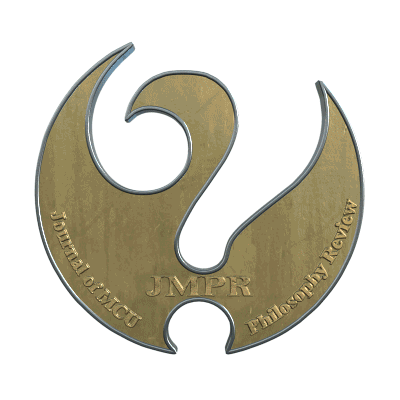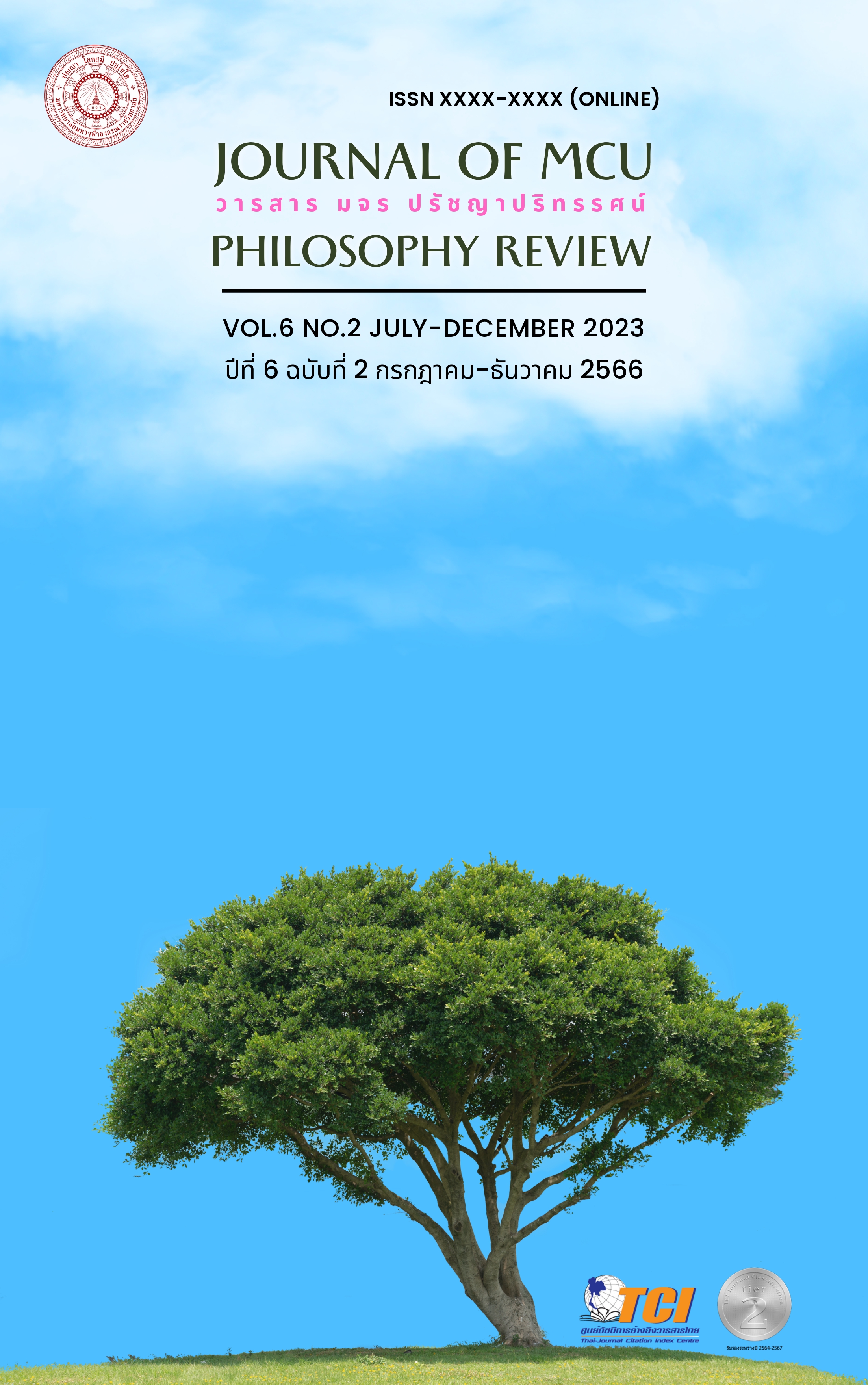พหุปัญญา: แนวทางพัฒนาการเรียนรู้ของคนรุ่นใหม่
Main Article Content
บทคัดย่อ
บทความนี้มีวัตถุประสงค์เพื่อ 1) ศึกษาความหมายและลักษณะของปัญญาที่ปรากฏในคัมภีร์พระไตรปิฎก ร่วมกับแนวคิดของนักการศึกษาทางตะวันตก 2) วิเคราะห์ให้เห็นถึงแนวทางหรือวิธีในการสอนที่เหมาะสมกับการเรียนรู้ของคนรุ่นใหม่ โดยเป็นการวิจัยเชิงเอกสาร จากการศึกษาพบว่า พหุปัญญาคือ กลยุทธ์การสอนหรือวิธีการสอนสำหรับคนรุ่นใหม่แตกต่างจากแบบเดิม และต้องรองรับนักเรียนในระดับความสามารถที่แตกต่างกัน การเพิ่มขีดความสามารถแก่นักเรียนในการเรียน ผ่านรูปแบบของพหุปัญญาจะส่งเสริมการทำงานร่วมกันในชั้นเรียน จากปัจจัยในการพัฒนาปัญญา ที่นอกเหนือจากการฝึกฝนทั้งสองประการ คือ 1) ปัญญาที่ได้มาจากสถาพทางชีววิทยาของบุคคล หรือพันธุกรรม 2) ปัญญาที่ได้มาจากสภาพแวดล้อม และที่สำคัญปัญญาเป็นเครื่องมือจำเป็นที่ใช้ในทุกกระบวนการของการดำเนินชีวิตตั้งแต่เกิดจนตายและเป็นเครื่องมือสูงสุดในการบรรลุเป้าหมายคือ การเป็นผู้รู้แบบถาวร
Article Details

อนุญาตภายใต้เงื่อนไข Creative Commons Attribution-NonCommercial-NoDerivatives 4.0 International License.
บทความที่ได้รับการตีพิมพ์เป็นลิขสิทธิ์ของวารสาร มจร ปรัชญาปริทรรศน์
ข้อความในบทความที่ได้รับการตีพิมพ์ในวารสาร ถือเป็นความรับผิดชอบของผู้เขียนบทความ และข้อคิดเห็นนั้นไม่ถือว่าเป็นทัศนะและความรับผิดชอบของกองบรรณาธิการวารสาร มจร ปรัชญาปริทรรศน์
เอกสารอ้างอิง
มหาจุฬาลงกรณราชวิทยาลัย. (2539). พระไตรปิฎกภาษาไทย ฉบับมหาจุฬาลงกรณราชวิทยาลัย.กรุงเทพมหานคร: โรงพิมพ์มหาจุฬาลงกรณราชวิทยาลัย.มหาจุฬาลงกรณราชวิทยาลัย.
พระพรหมคุณาภรณ์ (ป.อ. ปยุตฺโต). (2546). พจนานุกรมพุทธศาสน์ ฉบับประมวลธรรม. พิมพ์ครั้งที่ 12. กรุงเทพมหานคร: สำนักพิมพ์ผลิธัมม์.
พระมหาสมัย ปิยวณฺโณ (แจ่มจำรัส). (2565). กระบวนการพัฒนาปัญญาตามหลักวุฒิธรรม. วิทยานิพนธ์พุทธศาสตรดุษฎีบัณฑิต สาขาวิชาพระไตรปิฎกศึกษา. บัณฑิตวิทยาลัย: มหาวิทยาลัยมหาจุฬาลงกรณราชวิทยาลัย)
ภัสสรา มณฑนาธรรม. (2565). การพัฒนาคุณภาพชีวิตในสังคมพหุวัฒนธรรมด้วยหลักนาถกรณธรรม 10. วารสารวิชาการสถาบันพัฒนาพระวิทยากร, 5(4), หน้า 198-210.
Borek Jennifer. (2003). Inclusion and the Multiple Intelligences: Creating a Student-Centered. Curriculum The Quaterly.
Gardner, H. (1999). Intelligence Reframed: multiple intelligences for the 21th century. New York: Basic Book.
Gardner, H. (1993). Multiple Intelligences: The Theory in Practice in Practice. New York: Basic Book.
Gardner, H. (2000). The disciplined mind: Beyond facts and standardized tests, K-12 education that every child deserves. New York: Penguin Putnam.
Greenhawk, J. (1997). Multiple Intelligences Meet Standards. Educational Leadership, September.


